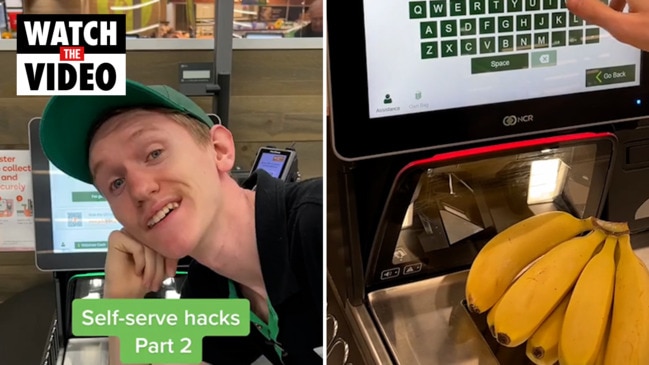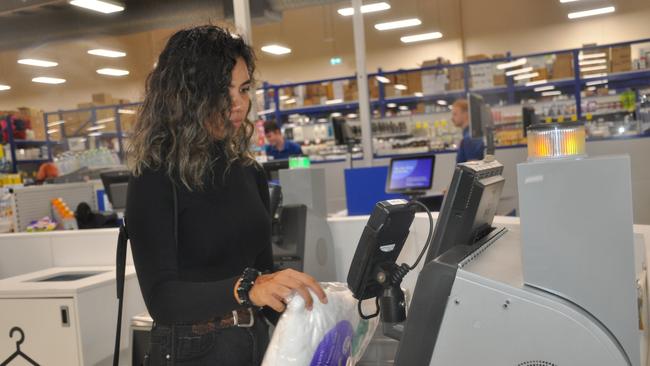Consumers still want face-to-face service in 2023, new study by national Retail Doctor Group shows
Australian consumers are pushing back against moves by retail giants to replace face-to-face service with self-serve checkouts, new research finds. Take our poll.

SA News
Don't miss out on the headlines from SA News. Followed categories will be added to My News.
Australian consumers are pushing back against moves by retail giants to replace face-to-face service with self-serve checkouts, new research finds.
A sweeping study by a national consumer trends group reveals in 2023 most customers “want human interactions”.
Retail Doctor Group head of consumer insights Anastasia Lloyd-Wallis said it showed people of all ages still craved human contact.
“A very high percentage of consumers want to speak to people, they want to have that interaction … it is not just the older consumer you might expect but it is pretty consistent across the board,” she said.
“(Our research) shows around 70 per cent of consumers are very much driven by that (desire for) bonding and caring … they want to interact, to be around people, and that is the same whether they are 18 or 80.
“There is a proportion who say, ‘it’s not for me, give me the details, give me the data and let me do it all online’ but there is that 70 per cent who are wanting reassurance, wanting human connection and craving that human interaction.”
The insights form part of the group’s newly-released 2023 Consumer and Global Retailer Sentiments whitepaper that seeks to track ever-changing consumer behaviours.

It also found as consumer spending decreases, consumers are leaning towards brands they know and love, increasing the importance of having an emotional brand connection in what’s been dubbed “shoptimism”.
“While consumers may be making a conscious decision to cut back their discretionary spending, they are still looking for happiness and enjoyment,” Ms Lloyd-Wallis said.
“Consumers want to be confident in their buying decisions, they are leaning more on word-of-mouth from friends and family that they trust … increasingly, they want reassurance from those they trust.”
At the same time consumers are seeking face-to-face interaction they also want an easy and seamless shopping experience, Ms Lloyd-Wallis said.
“(Our research) tells us consumers have got more and more impatient since Covid … there is an increased level of impatience; shoppers want things now, they want things immediately … they want it to be as simple as possible.”
A Coles spokesperson said the supermarket giant had recently started trialling hybrid check-outs with belts.
“These checkouts can be utilised by customers in self-serve mode or can be used by a team member to scan and bag for any customer who would like to be assisted,” he said.
While at Woolworths the approach was increasingly “self-serve checkouts alongside full-service checkouts”.
“We find that many of our customers prefer the self-serve checkouts, particularly when they are buying a handful of items,” a spokesperson said.
Lloyd-Wallis said it was positive news that 90 per cent of retailers worldwide predicted that physical stores would be the most important channel within the next five years.




